National Speech-Language-Hearing Month: A Time to Focus on Communication Health
Every year, May is designated as National Speech-Language-Hearing Month, a time when health professionals, patients, and advocates come together to highlight the critical issues related to speech, language, and hearing disorders. This initiative, led by the American Speech-Language-Hearing Association (ASHA), aims to promote better hearing health practices and raise awareness about the importance of early detection and intervention in speech and language disorders.
Understanding the Impact of Communication Disorders
Communication disorders can affect anyone, from toddlers to seniors, impacting daily activities and overall quality of life. These disorders can range from mild hearing loss to more severe speech impairments. The consequences of untreated communication disorders can be profound, including developmental delays in children, social isolation in adults, and increased risk of falls and other injuries in the elderly.
Early Detection is Key
One of the main messages of National Speech-Language-Hearing Month is the significance of early detection. Identifying issues early on can lead to more effective treatment and significantly better outcomes. Our clinic emphasizes the importance of regular hearing checks and assessments for speech and language development, particularly for children.
Services Our Clinic Offers
During National Speech-Language-Hearing Month, we are excited to focus on enhancing the services we offer to improve speech and hearing health:
Personalized Hearing Assessments: Schedule a comprehensive hearing assessment with our expert audiologists. We use the latest diagnostic tools to evaluate your hearing and recommend the best solutions tailored to your individual needs.
Advanced Hearing Aid Solutions: Discover the latest in hearing aid technology at our clinic. Our experienced team can guide you through selecting and fitting the most suitable hearing aids, ensuring you receive the optimal benefit for your lifestyle and hearing needs.
Community Support and Resources: Our clinic is dedicated to supporting the community with reliable information and resources about hearing health. We provide guidance on navigating life with hearing loss, including tips for communicating with those who have hearing impairments and advice for family members on how to offer support.
How You Can Participate
Getting involved in National Speech-Language-Hearing Month can be as simple as scheduling an assessment for yourself or a family member. You can also help spread awareness by sharing information on social media, attending our scheduled talks about hearing health, or simply discussing the importance of hearing care with friends and family.
The Bottom Line
As we observe National Speech-Language-Hearing Month, let’s commit to better communication health for ourselves and our community. Whether you or someone you know is facing challenges with speech or hearing, our clinic is here to provide support every step of the way. Remember, early detection and treatment are your best allies in combating communication disorders.
Frequently Asked Questions
1. How often should I have my hearing tested? It's recommended that adults have their hearing tested every decade through age 50 and every three years thereafter. For children, hearing should be tested at birth, at school entry, and periodically throughout their educational career.
2. What are the signs of hearing loss in children? Signs can include limited, poor, or no speech, frequently inattentive, difficulty learning, and often increasing the volume of TV or music.
3. Are there preventative measures for hearing loss? Yes, protecting your ears from loud noises, avoiding insertion of objects into the ears, and maintaining good ear hygiene can all help prevent hearing loss.
Wrapping It Up
Let National Speech-Language-Hearing Month be your reminder to take action on your hearing and speech health. Visit our clinic this May to learn more about how you can enhance your communication abilities and live a fuller life. Together, we can make a significant difference in managing and overcoming communication challenges.
